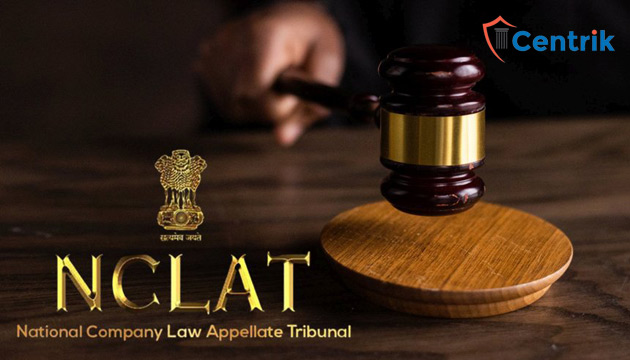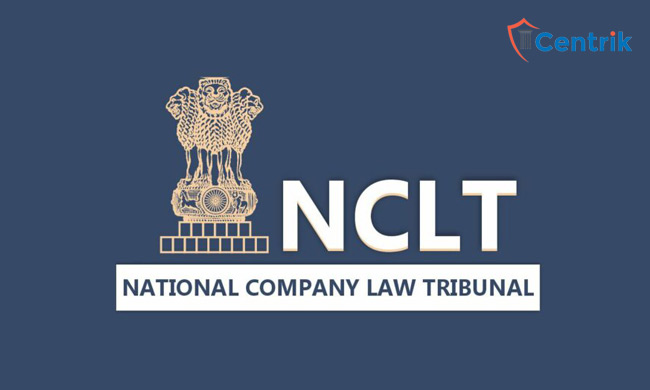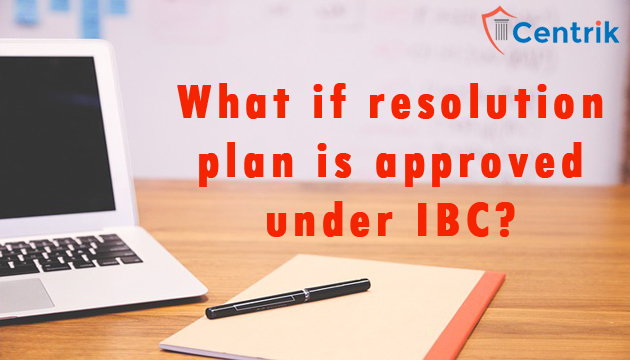NCLAT Chennai condones a delay of 147 days in filing of Appeal before the Appellate Tribunal
The National Company Law Appellate Tribunal in the matter of M. K. Resely & Ors. Vs Union Bank of India has condoned a delay of 147 days in filing of appeal before NCLAT upon equity.












 join For Updates
join For Updates